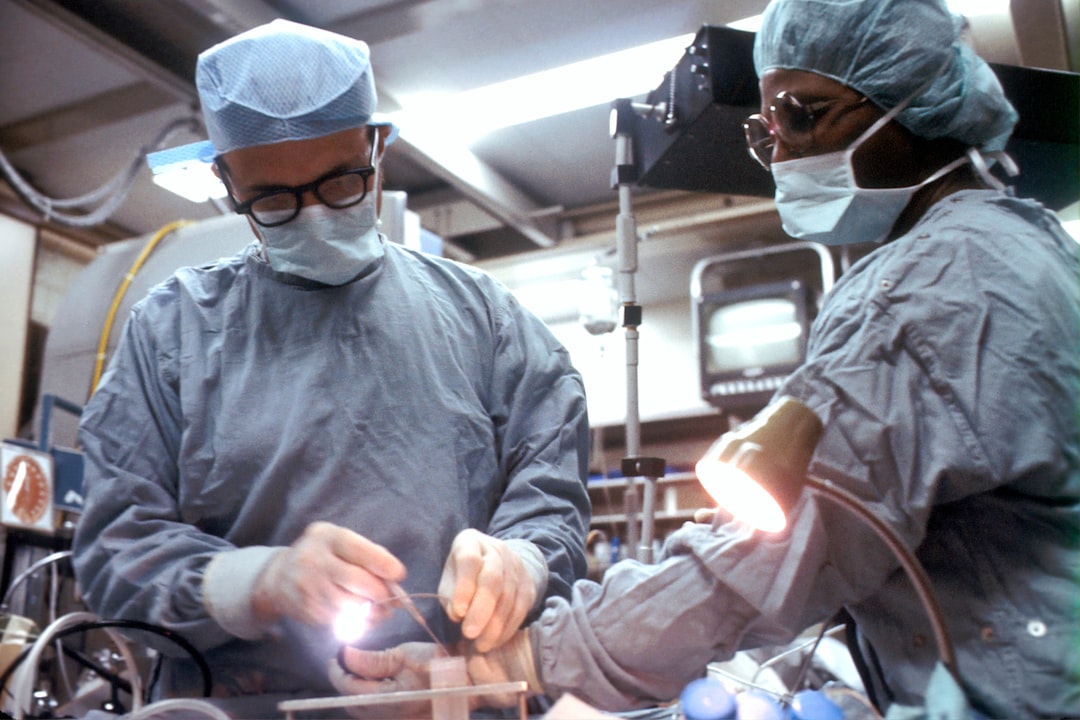The Pros and Cons of Leasing vs Buying Equipment for Your Business
Introduction
When it comes to acquiring new equipment for your business, you have two main options: leasing or buying Each approach has its own set of advantages and disadvantages, and it's important to carefully consider which option is best for your specific needs. In this blog post, we will explore the pros and cons of leasing versus buying equipment, helping you make an informed decision your business.
Leasing Equipment
Pros:
1. Lower upfront costs: One of the biggest of leasing equipment is that it requires upfront costs. Instead of paying the full purchase price, you make regular lease payments, which can be easier on your cash flow.
2.strong>Flexibility: Leasing allows you to easily upgrade to newer models or different types of equipment as your business needs change This flexibility can be particularly beneficial if you operate in an industry with rapidly evolving technology.
3. Maintenance and support: In many lease agreements, the lessor is responsible for maintenance and repairs, saving you time and money on upkeep.
>
Cons:
1. Long-term costs: While leasing may have lower upfront costs, it can end up being more in the long run. the duration of the lease, you may end up paying more than the equipment's actual value.
2. No ownership: When lease equipment, you don't own it. This means you can't build equity or sell the equipment if it is no needed.
3. Restrictions: Lease agreements often come with certain restrictions, such as usage limits or penalties for early termination. These restrictions can limit your flexibility and potentially incur additional costs.
Buying Equipment
1. Ownership: When you buy equipment, you have full ownership and control over its use. This allows you to customize or modify it as needed and potentially sell it in the future.
2. Cost savings: While buying equipment may require a larger upfront investment, it can be more cost-effective in the long. Once you've paid off the purchase price, you no longer have monthly lease payments.
3. Tax: Buying equipment may offer tax advantages, such as depreciation deductions and the ability to claim the Section 179 deduction, which allows you to deduct the full purchase price of qualifying equipment.
Cons:
1.
2.
3. Maintenance and repairs:
Conclusion
Deciding whether to lease or buy equipment for your business is a crucial decision that depends on factors, including your financial situation, industry, and long-term goals. Leasing offers flexibility and lower upfront costs, while buying provides ownership and potential cost savings. Consider your specific needs and weigh the pros and cons carefully before making a decision. Ultimately, the right choice will help you optimize your operations and drive your business forward.



